The voting to elect the 15th president of India is underway as NDA candidate Droupadi Murmu faces off against the opposition`s Yashwant Sinha.
Murmu, is the clear favourite to win the race, with the majority of votes expected to be cast in her favour.
According to reports in the Indian media, the 64-year-old was a strong contender for India’s highest office before the 2017 presidential elections, but Bihar Governor Ram Nath Kovind, a Dalit, was ultimately the government`s pick for the post.
If elected, Murmu will become the first tribal president and the second-ever female president.
The NDA`s nomination of Murmu, a tribal woman from Odisha and a former Jharkhand governor, is seen as a calculated move, drawing the support not only of Jharkhand`s ruling Jharkhand Mukti Morcha, but also Odisha`s Naveen Patnaik, seen as a fence-sitter, reports NDTV.
Murmu has also been assured of support by Bihar Chief Minister Nitish Kumar.
The opposition settled on Sinha, a former union minister in the Atal Bihari Vajpayee government who later joined the Trinamool Congress - after three proposed candidates said no.
National Congress chief Sharad Pawar, former Governor Gopal Krishna Gandhi and former Jammu and Kashmir Chief Minister Farooq Abdullah had all declined, citing various reasons.
The president is elected by members of the Electoral College, comprising elected members of both houses of Parliament and legislative assemblies of all states as well as the National Capital Territory of Delhi and the Union Territory of Puducherry.
No party whip can be issued for the voting and the MPs and MLAs can vote as they please. The counting of votes will be held on Jul 21 and the new president will take oath on Jul 25, under the schedule announced by the Election Commission.
The Indian Constitution provides a largely ceremonial role for the president, with the prime minister and their cabinet holding executive powers.
But the president has a key role during political crises, such as when a general election is inconclusive, by deciding which party is in the best position to form a federal government.




-20260302065048.webp)

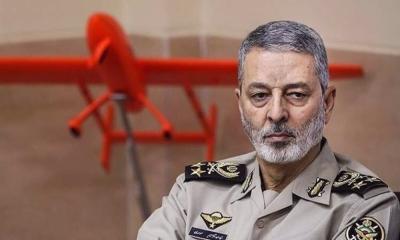

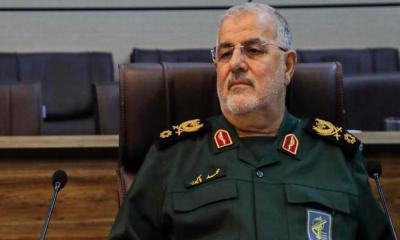
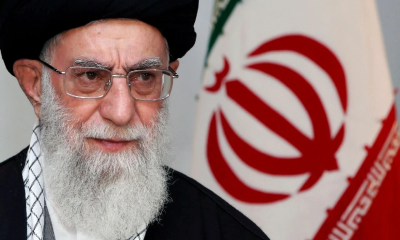
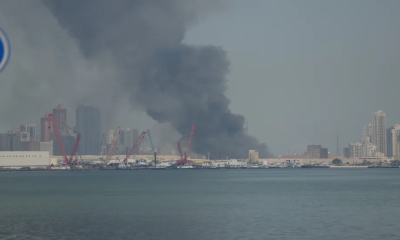
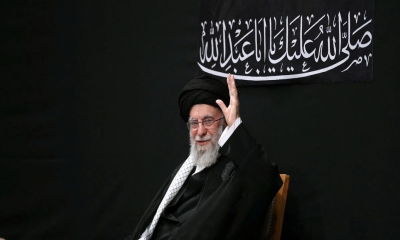
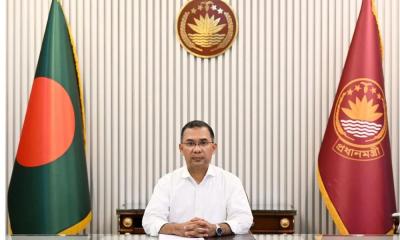


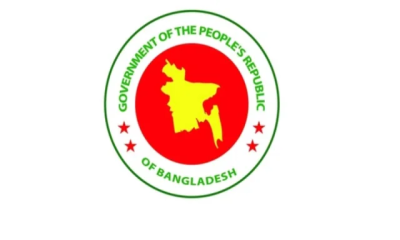
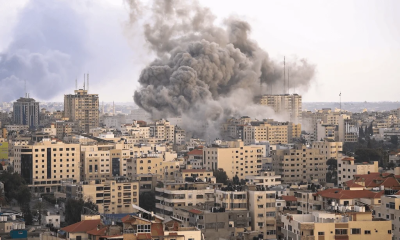

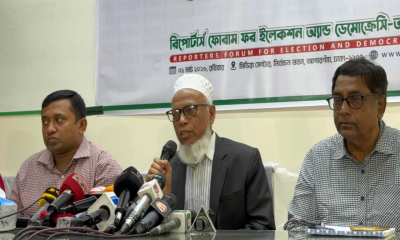







-20260224075258.webp)



-20260225072312.webp)
